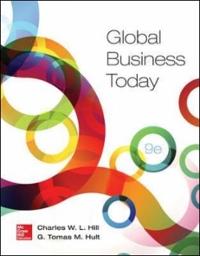Question
20 10 A higher reserve requirement is associated with a money supply. Suppose the Federal Reserve wants to increase the money supply by $200. Again,
20 10
A higher reserve requirement is associated with a money supply.
Suppose the Federal Reserve wants to increase the money supply by $200. Again, you can assume that banks do not hold excess reserves and that households do not hold currency. If the reserve requirement is 10%, the Fed will use open-market operations to worth of U.S. government bonds.
Now, suppose that, rather than immediately lending out all excess reserves, banks begin holding some excess reserves due to uncertain economic conditions. Specifically, banks increase the percentage of deposits held as reserves from 10% to 25%. This increase in the reserve ratio causes the money multiplier to to . Under these conditions, the Fed would need to worth of U.S. government bonds in order to increase the money supply by $200.
Which of the following statements help to explain why, in the real world, the Fed cannot precisely control the money supply?Check all that apply.
The Fed cannot prevent banks from lending out required reserves.
The Fed cannot control the amount of money that households choose to hold as currency.
The Fed cannot control whether and to what extent banks hold excess reserves.

Step by Step Solution
There are 3 Steps involved in it
Step: 1

Get Instant Access to Expert-Tailored Solutions
See step-by-step solutions with expert insights and AI powered tools for academic success
Step: 2

Step: 3

Ace Your Homework with AI
Get the answers you need in no time with our AI-driven, step-by-step assistance
Get Started


